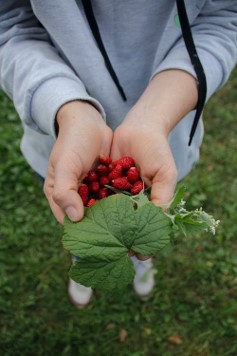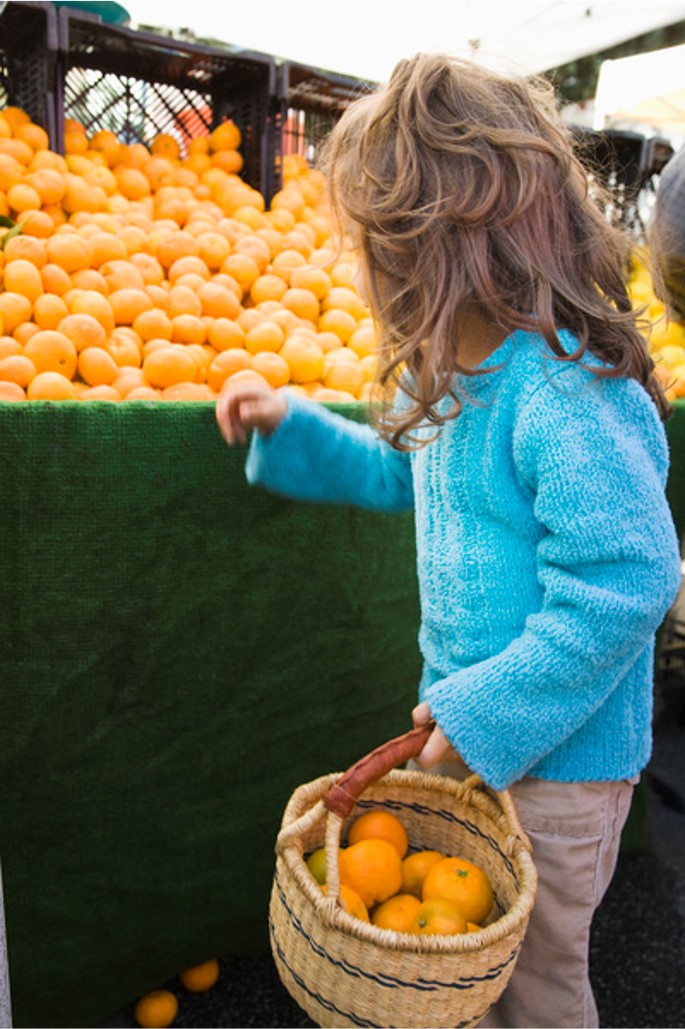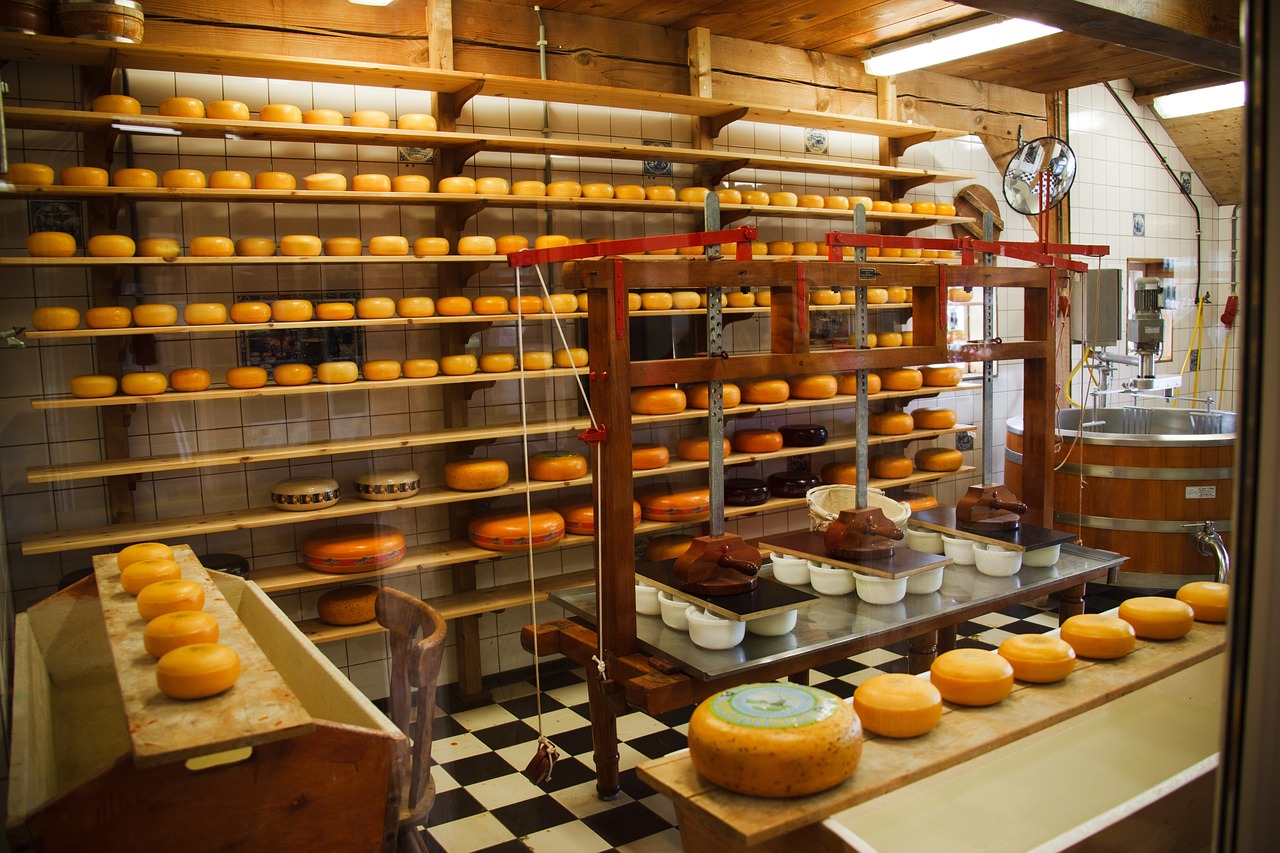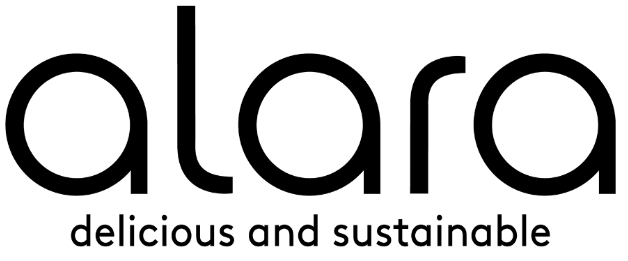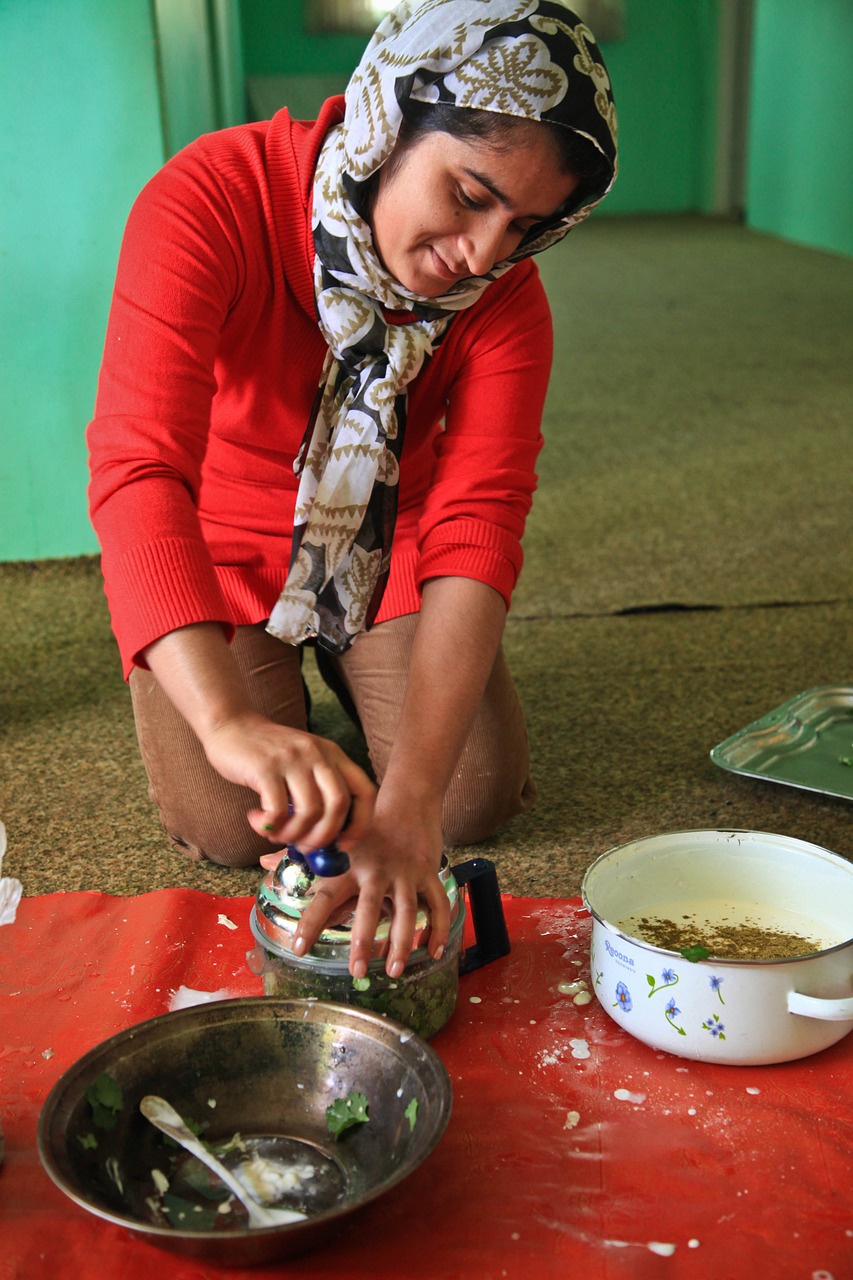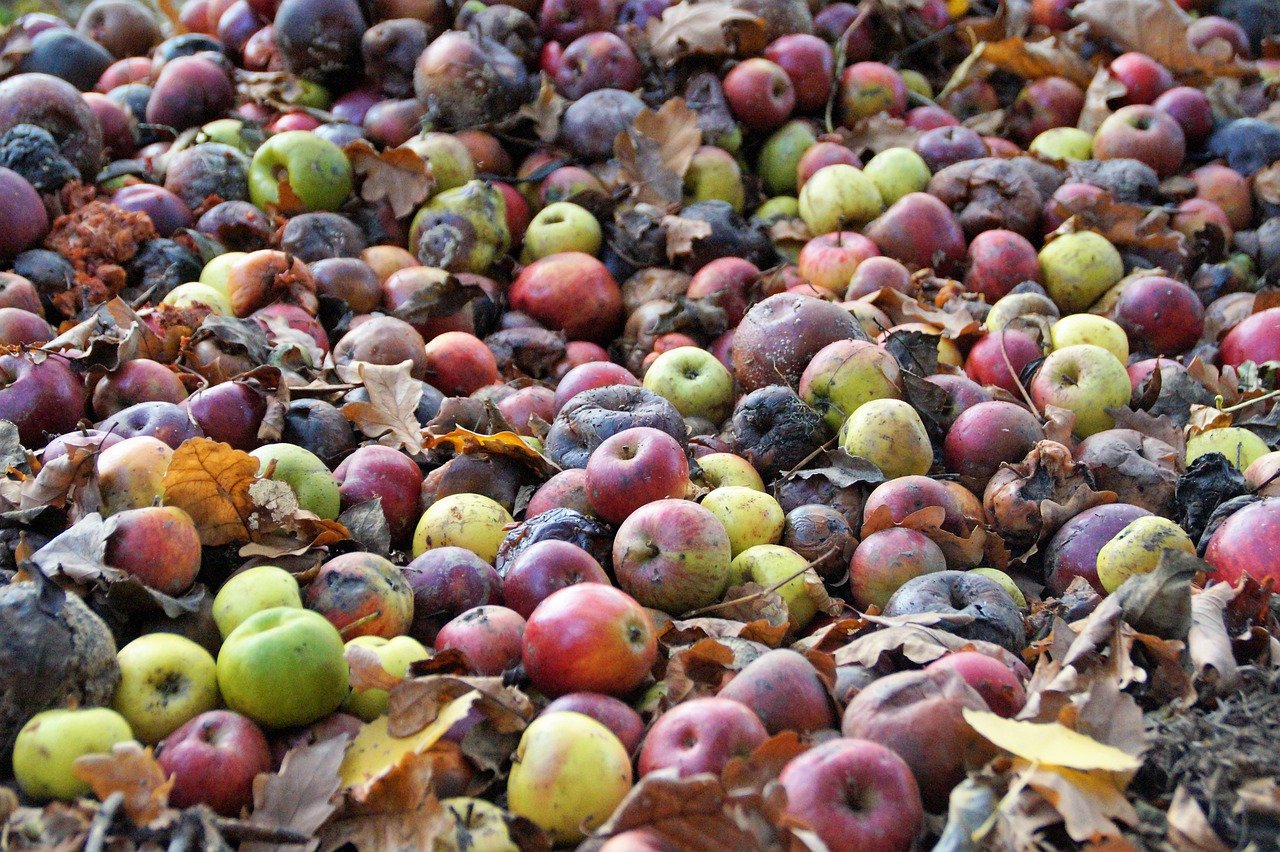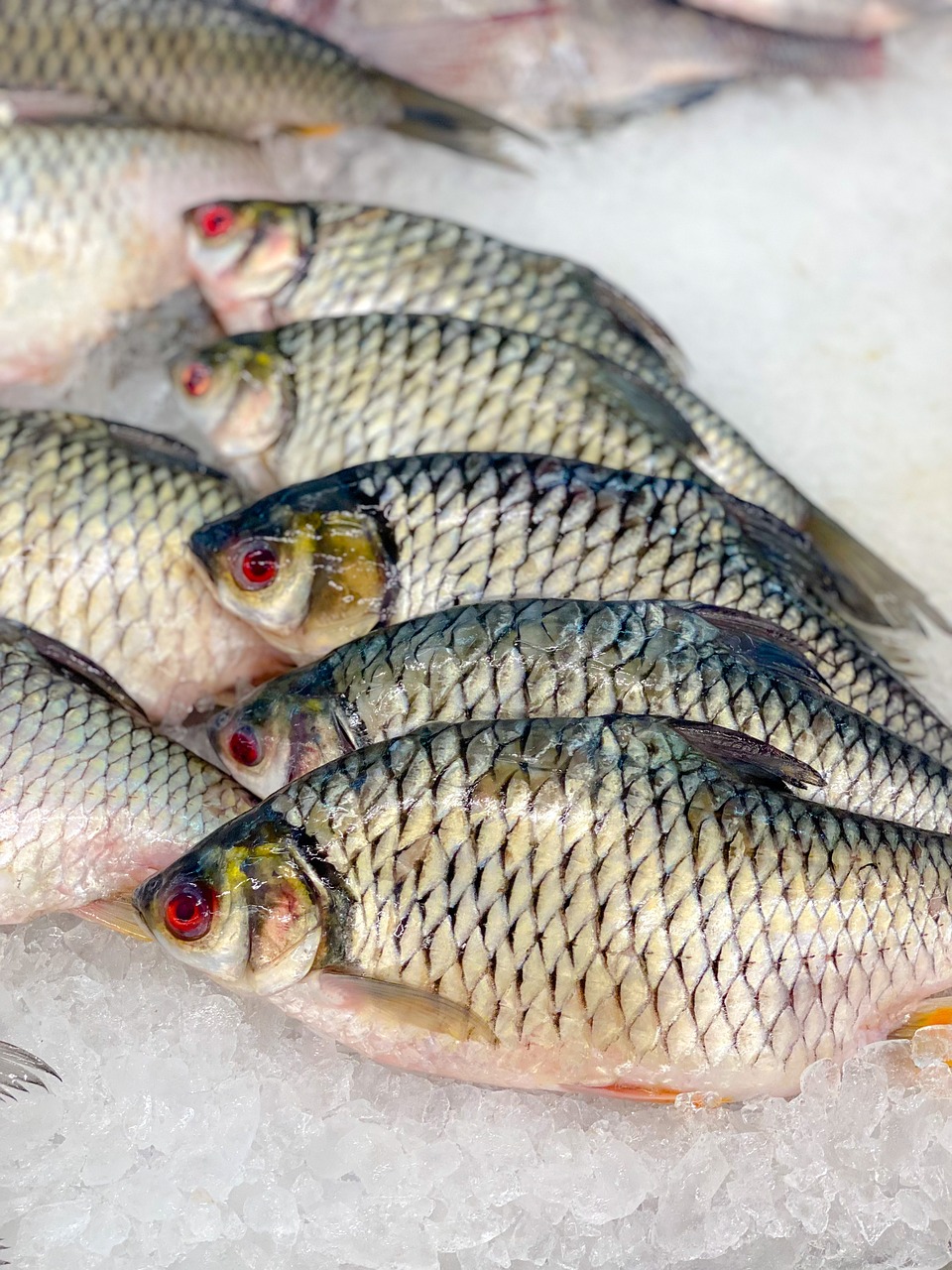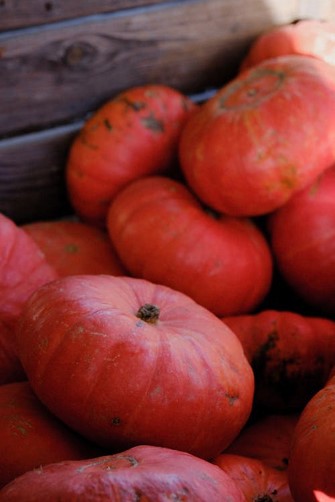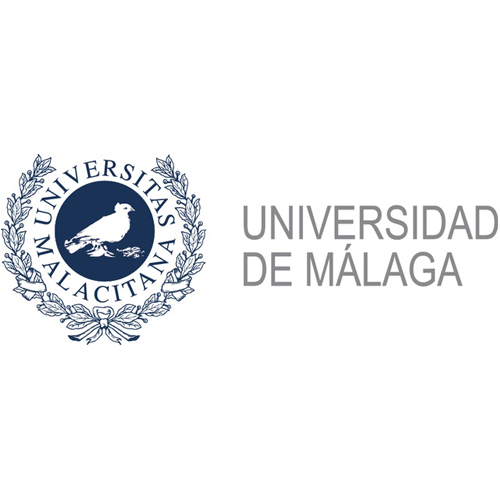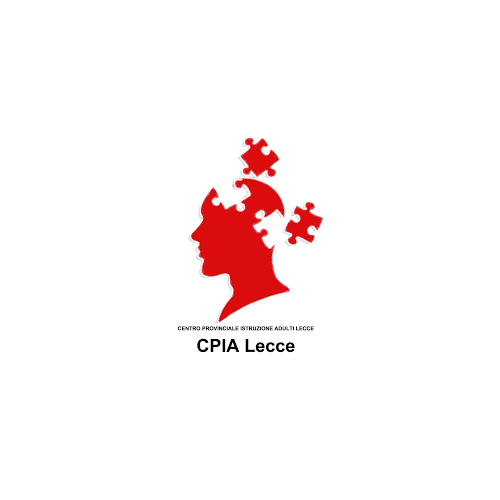EduCARE
Responsible consumption on food
Advanced|
VIDEOS

| ||||||||||||||||||||||||||||||||||||||
|
Responsible consumption on foodClick to read
 Introduction:Today, food production: uses 70% of fresh water, but seriously degrades water quality due to pesticide and fertilizer runoff; speeds up the loss of biodiversity; and is a major contributor to deforestation and desertification. It also contributes more to global warming than all cars, trucks, airplanes, and trains combined. However, not all diets have the same impact. What we eat, how much we consume (of what), how much food we waste, how our food was produced, and who profited from it are the five primary factors that determine how our food choices affect people, communities and the environment. Each of us has the option to pick food that better respects life in and around us three times each day. Our individual good deeds can appear to be a drop in the ocean in a globe with nearly 7 billion people, but they are not. Some European diets, like those of North Americans, have the biggest environmental footprints and are the main causes of a number of detrimental effects. However, there are also a lot of good instances of responsible food consumption across Europe, that can be taken as examples of good practices.
Topic development:A large portion of the world's food supply is lost or wasted instead of being consumed at all, particularly in developed nations, where a large amount of waste is generated at the consumer level as well as in the retail and food service sectors of the food chain. Without needing to increase production, reducing losses and waste could increase the availability of food. Plate waste from meals eaten in restaurants or at home, cooking loss and spoilage brought on by improper storage after purchase, and restaurants ordering too much food so they can keep a variety menu are some sources of waste. Even yet, customers will likely need to put in some effort to reduce food waste, such as learning how to make meals from leftovers and better meal planning. Initiatives to increase awareness and alter behaviour may be beneficial. However, since better meal planning demands additional consumer effort, behaviour change might not be simple. Consumers are more aware than ever before of how their individual actions and the brands they support affect the environment, and new facts and statistics continuously point to a rising urgency to address the human impact of food consumption.
Manufacturers are responding to consumer requests to be more environmentally aware. Reduced water usage, sustainable packaging (recyclable, biodegradable, or choices that dramatically decrease plastic use), and clean, eco-friendly washing and cleaning solutions for finished goods and equipment are trends that are gaining favour. Therefore, the impacts and benefits of more responsible food consumption are:
The issue is that it may occasionally be challenging to recognize whether a product is from a trustworthy origin or not. However, there are more and more resources available to aid in this everyday path toward responsible consumption. One may discover more specifically about the CSR tactics employed by various companies. Good practices:Barnana is a sustainable food firm that, as the name implies, upcycles fresh bananas and plantains that would otherwise be thrown away because of their "imperfect" look. Poor aesthetics were causing organic banana producers to lose 20% of their harvest, which resulted in huge food waste. To ensure equitable salaries, Barnana buys fruits from smallholder and indigenous farmers at prices 30% over market rates, then transforms the discarded bananas into crisps and other foods. The business is also assisting Indigenous farmers to broaden their use of regenerative farming techniques, which can eventually help to enhance soil health and water quality.
BuyCott is an app available for mobile devices that is able to make purchases consistent with the principles of environmental, social and economic sustainability. Simply bring your smartphone close to the product barcode and view the information that appears on the display. The app is able to determine the type of goods and the company they belong to and is able to reconstruct the entire production chain. Buycott gives the possibility of adhering to a series of campaigns in favour of the environment, civil rights, animals or women's rights: in this way, when the barcode is scanned, the application suggests whether to boycott the product ('boycott') or to proceed with the purchase ('buycott'), depending on whether or not the goods reflect the principles to which one has decided to adhere. Despite having a large and varied database, there are still many brands and products that are missing. This is why the team of young US programmers who created Buycott urge consumers to report any missing 'pieces' and thus enrich the database. Current and future challenges:Manufacturing technology should adjust as customer preferences and decisions continue to be influenced by rising health and environmental concerns. This rising demand is already being met by several current solutions, but manufacturers should also take into account adjusting to customers' particular internal processes, the kind of product being generated, and the methods of processing them.
Dairy substitutes and plant-based proteins are two of the most widely used alternatives, and they will remain at the forefront. In fact, according to 2021 research by The Hartman Group for the Food Marketing Institute (FMI), 29% of consumers are reducing their meat consumption, and 9% of consumers eat no animal products at all. A surge in proteins based on culture is also anticipated. Since it first entered the market about ten years ago, cultured beef has become one of the most popular sources of alternative protein. Specialists will collaborate with clients to convert existing batch operations into effective continuous processes as these new processes scale up while using their well-established food science knowledge for conventional foods to this new technology. Supporting consumer communities, which distribute local and seasonal products directly from the farm to the consumer, is a challenge for the authorities and also for the citizens who, with their support for these initiatives, contribute to their development and consolidation, while protecting the local product and rural communities. Further references:https://www.theus.org.uk/article/responsible-food-consumption https://www.slowfood.com/slow-food-europe/what-we-do/responsible-consumption-and-food-labelling/ https://datatopics.worldbank.org/sdgatlas/goal-12-responsible-consumption-and-production/ https://www.globalgoals.org/goals/12-responsible-consumption-and-production/ The weight of the economy in FoodClick to read
 Introduction:
Pressure on companies to implement sustainable practices is increasing due to rising consumer awareness and growing government activities about sustainability and climate change. This is especially true for the food and beverage industry, where the production of food accounts for 25% of global greenhouse gas emissions. If the population growth and middle-class growth trends continues, this number will only increase since wealthier individuals tend to eat more resource-intensive, animal-based diets. The World Economic Forum predicts that by 2050, there will be a 60% increase in global food demand. As consumers make more efforts to maintain their health and live sustainably, these improvements are likely to persist a long time. This presents a fresh set of difficulties for the food services industry. On the demand side, ethical positions steer customers away from certain market goods, frequently through resistance in both individual and group behaviour. Ethical consumption can reflect more self-aware and restrained behaviours, such voluntary simplicity, as well as more intentional behaviours, like boycotting and buy-cutting. Impacts/Benefits:The likelihood that customers will influence the market in favour of a more sustainable consumption is higher if more consumers are aware of the effects of their purchasing decisions. This phenomenon is especially relevant to the food industry, as brand, product, and even channel decisions are influenced by ethical concerns.
Companies are increasingly focusing their supply-side strategies on adapting to the ethical expectation demand. Here are some steps that can be followed to create a new business model on food. Analysing data is a great place to begin. Data analysis tools may be used to establish and monitor metrics that are in line with an organization's goals and activities using the data produced by food producing firms. Having access to this data enables resource productivity to be optimized. Second, sustainability is a team effort, and involving partners at all levels of the supply chain is essential. The food industry should strive to decarbonize end-to-end operations by switching to green power sources in addition to optimizing its manufacturing processes. Additionally, switching to low-carbon cold chain technologies, improving transit routes, and upgrading fleets all result in lower energy and water usage. Additionally, manufacturers may cost-effectively extend plant lifecycles while achieving decarbonization targets by incorporating energy efficiency into plants, warehouses, and processing facilities. Good practices:Alara Wholefoods has been a pioneer when it comes to sustainable food practices and production, being the first cereal company to receive organic certification in 1988 and the first food company in the UK to achieve zero waste in 2008. In order to lessen its influence on the environment, it is still devoted to sustainability and working with plastic-free and biodegradable packaging. In addition to producing no waste, Alara utilizes only electricity from sustainable resources including hydro, solar, and wind energy and partners with the non-profit Rainforest Saver to offset the carbon in the food it sells. The program works with local farmers to implement an agricultural technique called Inga Alley Cropping, which during a 20-year lifespan will allow each Inga planted to trap half a ton of carbon.
Altromercato was created with a purpose: to advance fair trade that values and protects the earth without marginalisation or exploitation. They are currently Italy's top Fair-Trade organisation. Through fair trade and intergovernmental cooperation, they create beneficial effects and opportunities for development all around the world. They create moral supply chains for their raw materials, promoting land use and production practises that protect the environment and its resources because the wealth of nature should be utilised rather than wasted. They uphold the rights of workers everywhere and keep an eye on the moral standards of fair trade and social sustainability to ensure that they are always upheld. They always pay a reasonable price and guarantee fair reimbursement as a result. They broaden their understanding of commerce by fusing it with that of cooperation: through the purchases of customers, they directly support initiatives that help the businesses they partner with and the communities where they do business. They operate in accordance with the World Fair Trade Organization's 10 principles (WFTO). Current and future challenges:Even large food corporations with ample resources, who would rather concentrate on their primary business, may find it difficult to meet sustainability targets. By relying on outside suppliers for dependable energy supply, administration of multi-technical projects, and stringent cost control, food producers may improve their economic performance by outsourcing energy management services to specialized companies. Most significantly, energy management companies may use specialized analytical tools to pinpoint problem areas, examine patterns in energy usage, offer advice on gas, electricity, and energy purchases, and increase energy efficiency. Customized, high-tech, financially supported solutions for lowering carbon footprints are an example of such outsourced services. Customers in this case only pay for the energy they actually consume, with capital investments being made by the energy services provider. The energy services supplier assumes all risks associated with engineering, procurement, construction, and energy performance. The capacity to track a food product's and its ingredients' movements through each stage of the supply chain, both forward and backward, is known as traceability. Traceability is a major issue in the food sector right now because of the growing scrutiny of food sources.
Further references:https://youmatter.world/en/definition/definitions-responsible-consumption-examples/ Food and the citizens, the society, the cultureClick to read
 Introduction:The global policy debate on sustainability and health has called for dietary reforms, which will need a variety of coordinated measures from governments and organizations. From a policy standpoint, organizing dietary change needs significant work. While significant nutritional changes have occurred, they have occurred in tandem with profound modifications in livelihood, food production, and distribution. Material and ideational (cognitive) components that give birth to distinct eating habits within a geographic region or social group are referred to as cultural food practices. Food behaviours are mostly passed on from parents to children. Social groups teach people about meal structure and scheduling, where food may be consumed, and how to eat. The learning process is both explicit, such as vocal communication about what to eat and information exposure, and implicit, such as in organized daily routines for children and modelling of eating behaviour. But many of these teachings are being lost because the transmission of knowledge is reduced and parents share less and less time of preparation and consumption of food with their children, who are acquiring eating habits based on imported and standardised models with abundant processed and unhealthy foods. Reversing these trends is essential to have more socially and environmentally sustainable ways of eating ourselves.
Impacts/Benefits:Systems of food production are influenced by food consumption. The whole population is fed through agriculture, which also contributes to other forms of environmental deterioration. Due to the influence of food intake on habits and behaviours, consumers have a significant impact on consumption patterns. Food represents a person's identity, values, and way of life. Consumers' buying decisions may be influenced by sociocultural factors including cultural capital, social stratifications, and inequality. The influence of several elements, including foodscapes, social settings, preferences, and even nutritional knowledge, have led to the tendency for consumers to make impulsive or misinformed purchases that are typically harmful.
Socio-cultural variables may have an impact on how sustainable healthy diets are seen and desired. For instance, eating insects is virtually impossible to picture in North America and Europe nowadays due to the "disgust" factor. Fashions also influence the consumption of food and the so-called 'superfoods' that are imported from other cultures often affect their original communities by depriving them of their ancestral ways of eating, for the pleasure of the 'foodies' of rich countries, as has been happening with quinoa. Additionally, in multireligious communities, investigating religious eating behaviours would be important when taking systemic measures into account, such as taxing goat or lamb meat, which are emblems of religious affiliation and have substantial greenhouse gas emissions.
Good practices:Slow Food International is a global grassroots organization founded in 1989 to prevent the extinction of local food cultures and traditions, to combat the rise of fast food, and to combat people's waning interest in the food they eat, where it comes from, and how our food choices affect the world around us. Slow Food argues that food is inextricably linked to many other elements of life, such as culture, politics, agriculture, and the environment. We can alter the world by jointly influencing how food is farmed, produced, and distributed via our dietary choices. Slow Food envisions a society in which everyone has access to and enjoys food that is good for them, good for the farmers who grow it, and good for the environment. Their method is founded on a culinary idea defined by three interrelated principles: good, clean, and fair.
FOODTANK the think tank for food. It is a community of healthy, nourished eaters from across the world. We want to push for change, educate people, and inspire people. They promote and support environmentally, socially, and economically sound methods of reducing hunger, obesity, and poverty and build networks of individuals, groups, and content to promote changes in the food system. The 7 billion people who must eat each day are the focus of Food Tank. By building a network of connections and information for all of us to use and exchange, they will provide solutions and environmentally friendly ways to alleviate hunger, obesity, and poverty. Farmers, producers, policymakers, government officials, academics, media, and members of the financing and donor communities may all work together through Food Tank to develop sustainable solutions for our most pressing enviromental and social problems. Current and future challenges:The current global food policy discourse on sustainability and health sees good diets as critical to reducing all types of malnutrition.
Individual food decisions that result in dietary patterns are seen as critical for meeting sustainability goals. Scientists are pushing for dietary changes, encouraging governments and organizations to take a variety of coordinated initiatives. Our food choices are not only influenced by our bodies' physiological or nutritional requirements. People's diets are shaped and limited by external factors that are mostly social and cultural in nature. Population studies reveal that socioeconomic classes clearly differ in terms of food and nutritional consumption. Poor diets can lead to undernutrition (micronutrient deficiency) and overnutrition (energy excess resulting in overweight and obesity); issues that affect different facets of society and need for varying degrees of knowledge and intervention strategies. Cultural factors affect how people eat habitually, how food is prepared, and in certain situations, whether or not they are allowed to have specific foods in their diets. Examples of these limits include not eating meat or milk. Cultural influences may, however, be modified. For example, while relocating to a new nation, people frequently adopt some native dietary customs. The education of people, particularly youngest generations, for encouraging them to consume local, natural and traditional food, is a key challenge. Further references:https://www.greenofficemovement.org/sustainability-campaign/ https://www.theus.org.uk/article/responsible-food-consumption https://www.weforum.org/agenda/2019/09/why-responsible-consumption-is-everyone-s-business/ Environmental sustainability in FoodClick to read
 Introduction:With a growing global population, greater pressure to do ecologically beneficial acts, and a changing climate, food waste and food security have emerged as some of the top concerns for researchers and policy officials. A sustainable food security strategy is impacted by the rising amount of food waste and food losses at all stages of the supply chain, according to several studies. The enormous amount of food that is wasted has a detrimental effect on the economy, society, and environment.
In addition to the social injustices that result from some people having too much food while others go without, food waste also has an impact on the environment. On the one hand, there is the issue of waste's environmental impact. Overconsumption, on the other hand, indicates the wasteful use of production capacity and resources, which has a detrimental influence on the environment through greenhouse effects or water waste. Furthermore, food waste causes significant costs for several enterprises in the supply chain as well as the economy in general. Our society's modernity and progress has produced a picky consumer who generates a large number of food leftovers each year. Impacts/Benefits:It is estimated that 53% of the avoidable wasted food is produced by the final consumers, the majority of which happening in developed countries. A variety of socio-demographic factors influence the amount of food wasted. According to studies, families with a larger number of people waste more food than smaller ones. Elders and price-conscious shoppers waste less food, whereas households with young children and greater incomes waste more. The relationship between income and food waste appears to be complex. Consumers with lower-than-average incomes are more likely to purchase larger quantities of lower-quality food and then not consume it. On the other hand, some customers are more concerned about nutritious and safe meals, yet they nonetheless create more food waste.
Several writers argue that food waste is caused by wasteful consumption behaviours, such as purchasing more items than necessary. The majority of food waste occurs at the consumer level, particularly in industrialized nations, since food waste is inexpensive and hence there is little financial incentive to eliminate this occurrence. In terms of consumption habits, three time periods for potential food waste have been identified: the time between buying and preparing, the time between preparing and serving, and the time after serving. The consumer's behaviour supports food waste at all stages of food preparation, storage, and consumption. Good practices:Giunko srl, a previous creative start-up and current SME that specialises in the creation of cloud-based solutions for the mobile and web world of the cleantech industry, developed the Junker app. Customers can use this app to sort their rubbish at home without making mistakes; all they need to do is download it and scan the barcode of the item that needs to be discarded. Junker disassembles the packaging into its component pieces or materials and directs residents to the appropriate trash cans in their neighbourhood.
Customers can access all of the details regarding the (updated) take-back schedules for various materials in various territories, as well as turn on notifications to serve as reminders, via the app. So far, the Junker app recognises more than 1.5 million products, indicating all collection points in the vicinity: eco-centres, ecological islands, collection points for used clothes to those for waste oil, batteries and medicines. Go Zero Waste makes it possible to identify shops selling 'unpacked', i.e., packaging-free and plastic-free products, thus incentivising consumers to choose sustainable companies that can make themselves known to potential customers in their vicinity by subscribing to this platform. Current and future challenges:Emotion, conscience, and guilt are among psychological aspects that influence consumer behaviour about food waste. When discarding food, the consumer feels terrible and has a poor conscience because of global poverty and hunger, rather than for environmental concerns. Furthermore, one of the primary motivators for decreasing food waste is lower food costs. It is also crucial to emphasize the importance of cultural factors on the amount of food wasted. On the one hand, the amount of food wasted in developing nations is lower. On the other hand, certain cultural values, such as hospitality, have a significant impact in food waste. In certain nations, there is societal pressure to prepare extra food when visitors are invited so that one does not "lose face." Food waste is also affected by the product category. Vegetables account for the greatest proportion of food waste. In compared to other consumer groups, high-income consumers discard less fruit and vegetables. Therefore it is important to make the consumers aware of the problem of food waste, taking into consideration the cultural, social and economic implications which are at the basis of the phenomena.
Further references:https://ourworldindata.org/environmental-impacts-of-food https://www.sciencedirect.com/topics/food-science/environmental-impact-of-food https://terrapass.co.uk/?utm_source=terrapass.com&utm_medium=referral&utm_campaign=redirect How to become a more responsible consumer of foodClick to read
 Introduction:The main changes in habits and behaviours on food to have a more responsible consumption are:
Tips and recommendations todo /Not to do:Grains, vegetables, legumes, seeds, and fruits are often far more energy efficient than animal-based foods. Raising animals needs massive amounts of water and energy. A pound of beef needs between 2,500 and 5,000 gallons of water to produce. A factory-raised cow will have ingested around 284 litres of fertilizer by the time it is butchered. Beans, on the other hand, take only 4% of the energy required to generate their caloric equivalent in beef. Aside from consuming a lot of energy and water, intensive livestock operations are one of the primary drivers of water pollution owing to the vast volumes of animal waste produced each year. Livestock generates 130 times the amount of excrement that people do, which is frequently tainted with poisons and antibiotics. The lucrative meat industry has resulted in considerable deforestation in developing countries to clear land for ranches. A football field's worth of tropical rainforest is destroyed every second to generate the equivalent of 257 hamburgers. Reducing our meat consumption might have a surprise positive impact on the environment.
Some recommendations for responsible consumption in food:
Further references:https://graduateway.com/factors-that-influence-food-habits-and-culture/ https://www.fao.org/sustainability/en/ https://www.ecoandbeyond.co/articles/food-sustainability/ https://www.sustainablejungle.com/sustainable-food/sustainable-food-systems/ |
Area
Food
LevelAdvanced
KeywordsFood consumption – water consumption – deforestation – global warming - healthy diet - sustainable diet - food wasting
 Play the game
Play the game Send us your opinion!
Send us your opinion! Play Audio
Play Audio 



